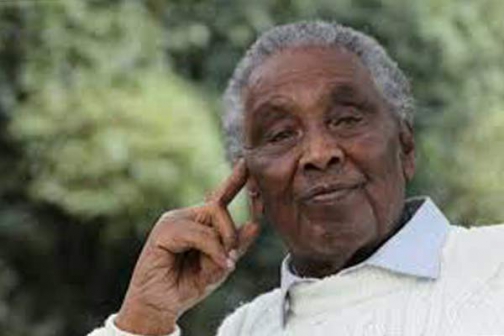×
The Standard e-Paper
Join Thousands Daily

Tributes to the foremost Maasai community leader William Ole Ntimama are a stark confirmation that the old man had touched the lives of many Kenyans.
In some quarters, Mzee Ntimama had been vilified as a man spreading hate against certain Kenyans. He lived a political life where there was debate on whether his defence of his Maasai people was nationalistic or driven by ethnic considerations.